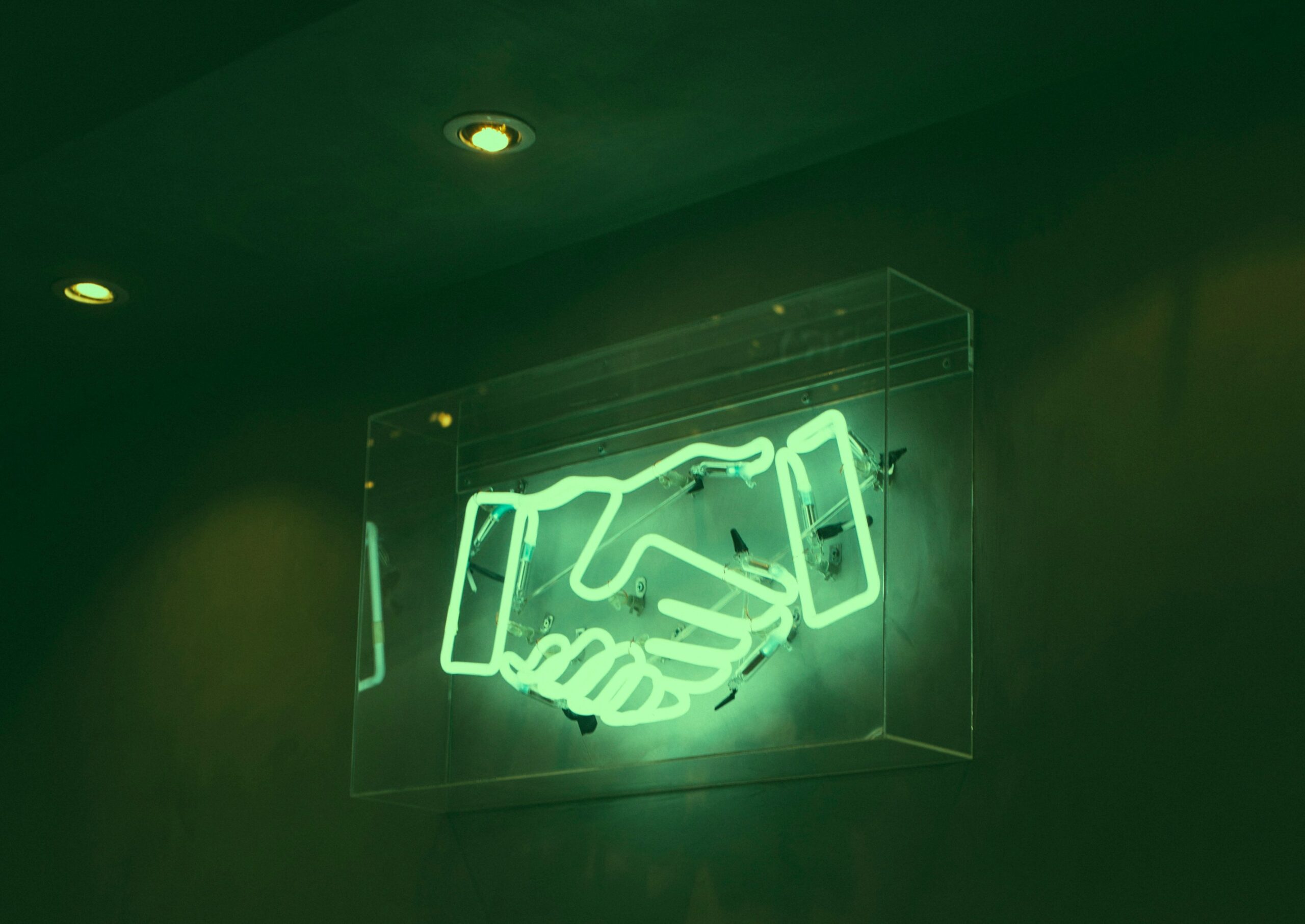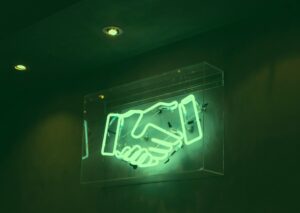In an our current time with sustainability being more than just a buzzword, also consumers should be guided towards making the more responsible choices. Companies need to not only focus on transforming their own mind sets and business models, they also need to take a role in educating consumers.
In the following we will outline the challenges, opportunities, and strategies for shifting consumer perceptions from the traditional Fire-and-Forget model to a more sustainable Lifecycle Management approach.
Consumer behavior is deeply ingrained and influenced by years of traditional consumption practices. To change these patterns, an understnding of the involved challenges is required:
1. Lack of Awareness:
- Many consumers are still unaware of the environmental impact of their purchasing decisions and the concept of Lifecycle Management.
- They also lack the data about companies’ sustainable practices and where their products are coming from.
2. Resistance to Change:
- Consumers may resist adopting new models, especially if they perceive them as inconvenient or more expensive.
3. Misinformation:
- Misconceptions about the environmental friendliness of certain products or practices can hinder the adoption of more sustainable alternatives.
Despite the challenges, educating consumers presents also significant opportunities for companies to differentiate themselves and to build lasting relationships with environmentally conscious consumers:
1. Building Trust:
- Transparent communication about sustainable practices builds trust, and educated consumers are more likely to support businesses that align with their values.
2. Market Leadership:
- Companies that take the lead in educating consumers position themselves as market leaders in sustainability, gaining a competitive edge.
3. Creating Informed Consumers:
- Educated consumers make more informed choices, contributing to a larger movement towards sustainable and responsible consumption.
Digital twins offer a revolutionary solution to bridge the gap between companies and consumers in the realm of sustainability. These virtual replicas of physical products or systems enable bi-directional data flow, allowing companies to implement full lifecycle management for their products and to educate their customers transparently about it.
Through digital twins, consumers can gain insights into the environmental impact of products throughout their entire lifecycle, from raw material extraction to disposal or recycling. This heightened transparency empowers consumers to make more informed purchasing decisions aligned with their values.
Furthermore, digital twins facilitate real-time monitoring and optimization of product usage, enabling companies to offer personalized recommendations for reducing environmental footprints.
By having digital twins for their products, companies not only enhance their sustainability efforts but also foster a deeper connection with their customers based on shared environmental goals.
Incorporating digital twins into consumer education initiatives not only addresses the challenges of awareness and misinformation but also cultivates a culture of collaboration and accountability between companies and their customers. As we move towards a more sustainable future, embracing digital twin technology becomes imperative for businesses striving to lead the charge in environmental stewardship.




